The Physics of Quantum Mechanics in Quantum Algorithms
Introduction
Quantum mechanics, a fundamental theory in physics, provides a comprehensive description of the physical properties of nature at the atomic and subatomic level. It serves as the bedrock of all quantum physics, including quantum chemistry, quantum field theory, quantum technology, and quantum information science. Quantum algorithms, a subset of quantum computation, are fundamentally different from classical algorithms. They leverage the unique properties of quantum mechanics to potentially solve certain computational problems significantly faster than classical methods.

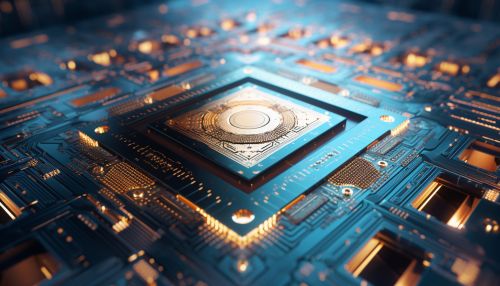
Quantum Mechanics
Quantum mechanics is a specialized branch of physics that deals with phenomena at a microscale, such as molecules, atoms, and subatomic particles like electrons, protons, and photons. It diverges from classical physics in several key aspects: energy, momentum, angular momentum, and other quantities of a system are restricted to discrete values (quantization), objects exhibit characteristics of both particles and waves (wave-particle duality), and there are limits to the precision with which quantities can be known (uncertainty principle).
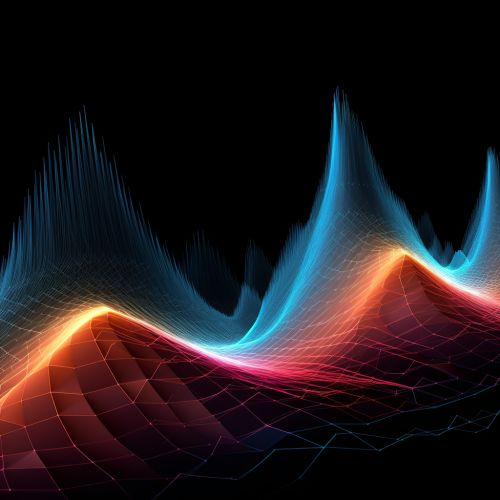
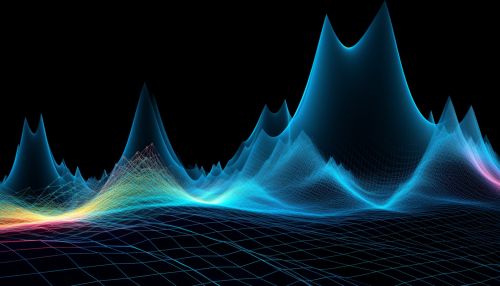
Quantum Algorithms
Quantum algorithms are a set of procedures that are integral to quantum computation. These algorithms diverge from classical algorithms due to the principles of superposition and entanglement. Superposition enables quantum computers to process multiple potential solutions to a problem simultaneously, while entanglement allows quantum computers to take a shortcut to the solution. Quantum algorithms have the potential to solve certain computational problems significantly faster than classical methods. Some of the most well-known quantum algorithms include Shor's algorithm for factoring and Grover's algorithm for search.


The Physics of Quantum Mechanics in Quantum Algorithms
Quantum mechanics plays a pivotal role in the functioning of quantum algorithms. The principles of quantum mechanics, such as superposition and entanglement, form the fundamental building blocks of quantum algorithms. Superposition allows quantum bits (qubits) to exist in multiple states simultaneously, enabling quantum computers to process a vast number of possibilities at once. Entanglement, on the other hand, allows entangled qubits to be in a superposition of states, such that the state of one qubit is directly correlated to the state of the other. This correlation allows quantum computers to solve complex problems with a speed and efficiency that is exponentially greater than that of classical computers.

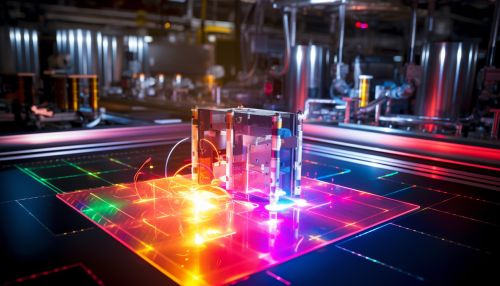
Quantum Mechanics Principles in Quantum Algorithms
Superposition
Superposition, a fundamental principle of quantum mechanics, allows particles to exist in multiple states simultaneously. This principle is leveraged in quantum algorithms to create a superposition of all potential solutions to a problem, enabling the quantum computer to process all these solutions at once. This massively parallel processing capability gives quantum algorithms their potential speed advantage over classical algorithms.


Entanglement
Entanglement, another fundamental principle of quantum mechanics, occurs when particles become linked, and the state of one particle instantly influences the state of the other, regardless of the distance between them. This principle is utilized in quantum algorithms to create correlations between qubits, enabling the quantum computer to find the correct solution among the superposition of possibilities more efficiently.

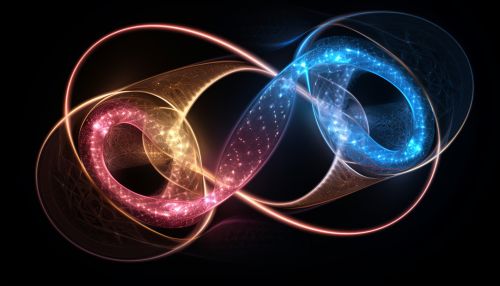
Quantum Algorithms and Quantum Speedup
Quantum speedup refers to the potential for quantum algorithms to solve certain problems faster than any classical algorithm. This speedup is attributed to the principles of quantum mechanics, such as superposition and entanglement, which enable quantum computers to process a vast number of possibilities simultaneously and find the correct solution more efficiently. Quantum speedup is not guaranteed for all problems, but for certain problems, such as factoring large numbers or searching unsorted databases, quantum algorithms have been demonstrated to provide a significant speedup over the best known classical algorithms.


Conclusion
The physics of quantum mechanics plays a pivotal role in the functioning of quantum algorithms. The principles of quantum mechanics, such as superposition and entanglement, form the fundamental building blocks of these algorithms, enabling quantum computers to process a vast number of possibilities simultaneously and find the correct solution more efficiently. While quantum speedup is not guaranteed for all problems, for certain problems, quantum algorithms have the potential to provide a significant speedup over classical methods.
